Gastroparesis is more common among people with diabetes and can cause stomach pain after eating. Gastroparesis affects the way your stomach empties. It can be caused from nerve damage due to high blood sugar. This leads to slow or non-functioning muscles in your stomach. Gastroparesis can cause symptoms like nausea, vomiting and bloating. Gastroparesis may also cause complications with blood sugar control, as well as other digestive problems such heartburn, reflux and difficulty controlling blood sugar.
Most people are familiar with the symptoms of diabetes, such as
- Urinating frequently
- Feeling very thirsty
- Feeling hungry even when you are eating
- Extreme fatigue
- Blurred vision
- Cuts/bruises which are slow to heal
- Hands/feet tingling or pain?
- weight loss (type 1)
- dry, itchy skin
- Hunger Increases
- Unexpected weight loss
- Thrush or itching in the genital area
- Blurred vision
- Slow-healing wounds and cuts
- Ketones in urine
- Feeling tired and weak?
- Feeling irritable, or experiencing other mood changes.
Fewer people are aware that abdominal pain after eating can be a sign of diabetes. This could be a sign of gastroparesis – a condition where food becomes stuck in the stomach because of nerve damage due to fluctuating blood glucose. Here are some symptoms of gastroparesis.
- Feeling full after eating
- Pain in the abdomen, bloating or nausea
- Undigested food in vomit
- Weight loss due poor absorption of food
How to treat gastroparesis?
- Eat smaller meals more frequently: 4-5 smaller meals are easier for the body to digest than 2 large meals.
- Avoid irritating foods: Limit fatty and fried foods.
- Fiber: Fruits and vegetables as well as whole grains help digestion.
- Avoid fizzy drinks. They cause bloating and discomfort.
- Stop smoking and limit alcohol consumption: Both can worsen stomach problems.
- Control blood sugar levels: Crucial for managing gastroparesis.
Note: Be alert to the key symptoms of diabetes: excessive thirst and frequent urination.
What other causes can cause stomach pain?
There are many causes of stomach pain after eating, including:
- Food Intolerance or Allergy: Food intolerances and allergies can cause symptoms like gas, bloating and cramping. This may result in stomach pains after eating.
- Gastritis – An inflammation of the stomach lining may cause nausea, vomiting and indigestion.
- Inflammatory Bowel Disease: IBD can cause the stomach to be inflamed, causing pain.
- Gastroesophageal Reflux (GERD): Acid Reflux or GERD may cause symptoms like heartburn, nausea and a burning feeling in the throat after eating.
- Stomach Pains or Overeating: Eating large meals or eating foods that are hard to digest may cause stomach pain.
- Infectious pathogens: Viral, bacterial, and toxic substances may cause stomach pain.
- Digestive problems: Indigestion and constipation can cause abdominal pain.
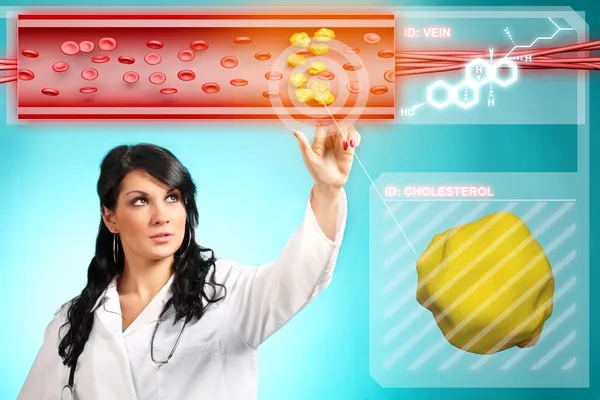

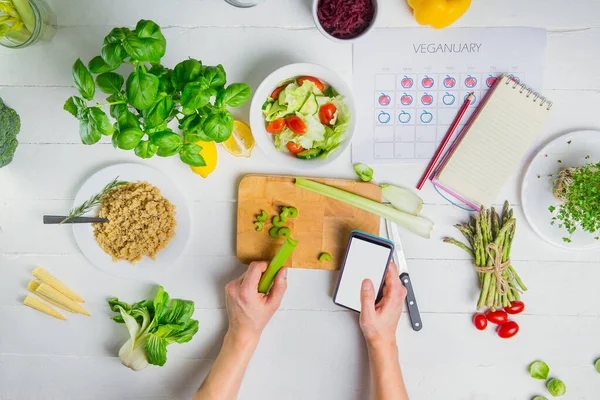
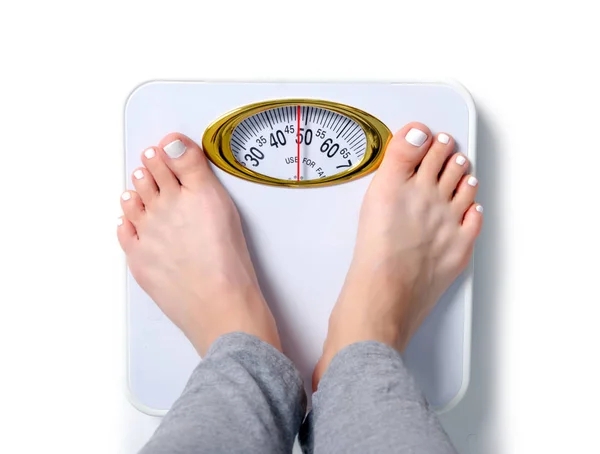
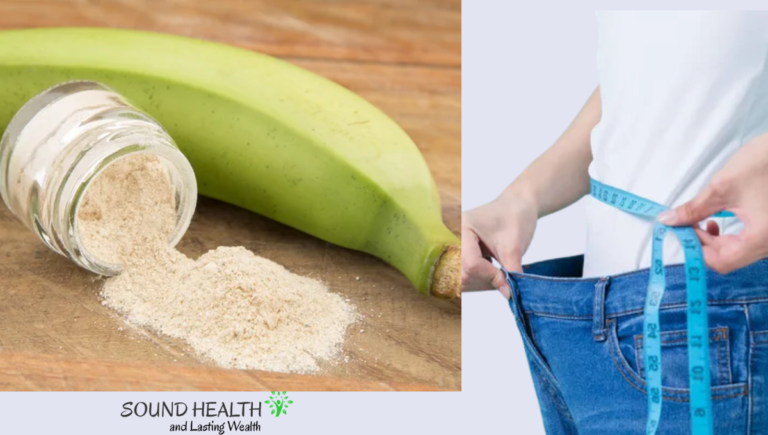
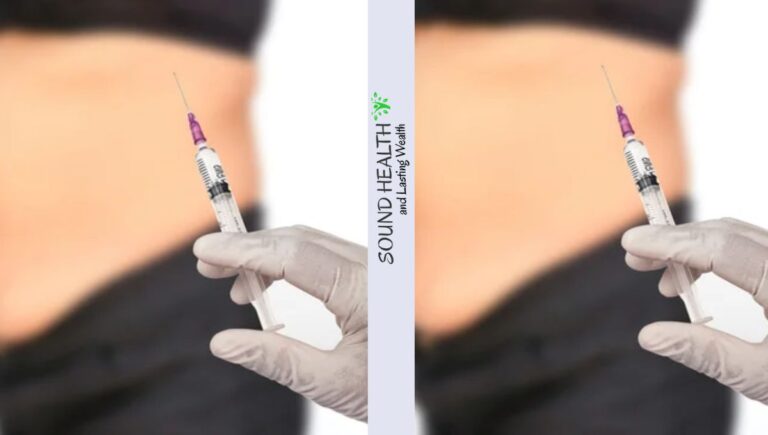
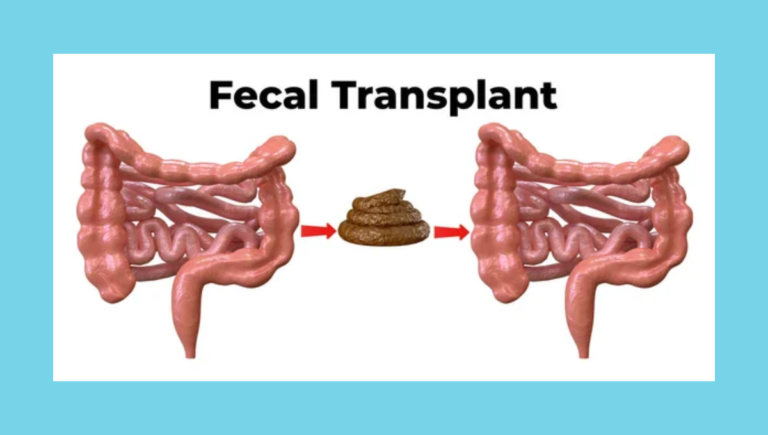


+ There are no comments
Add yours